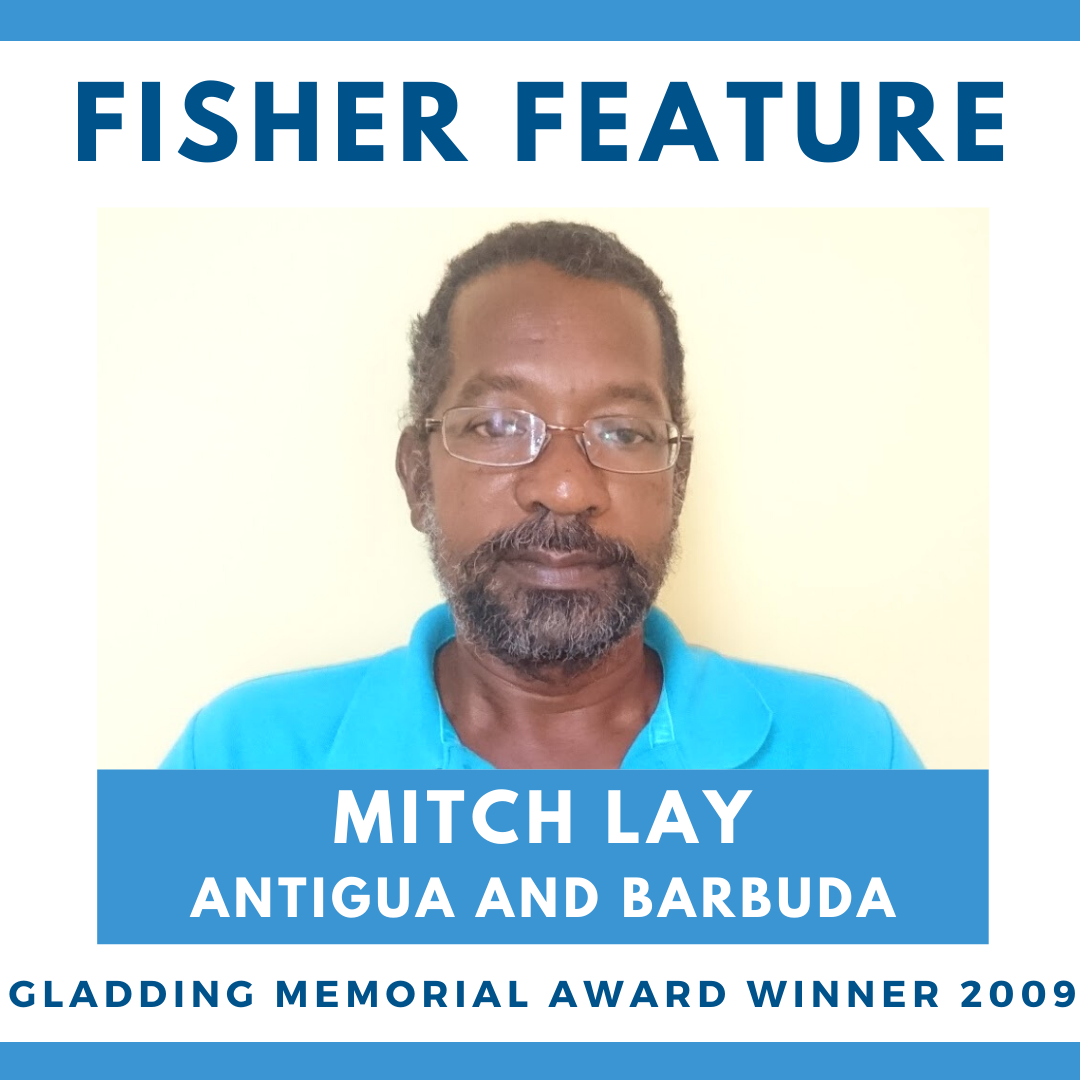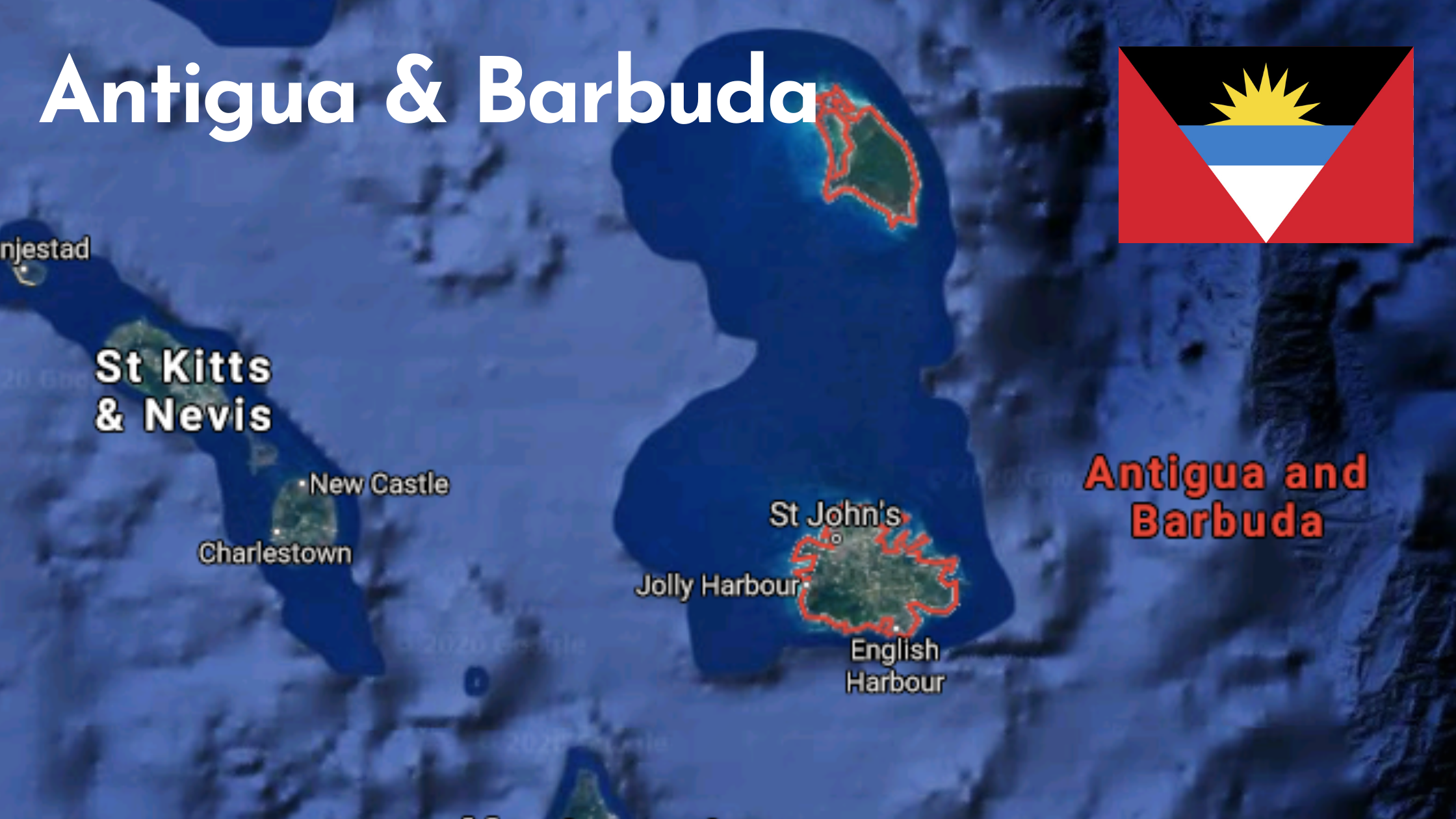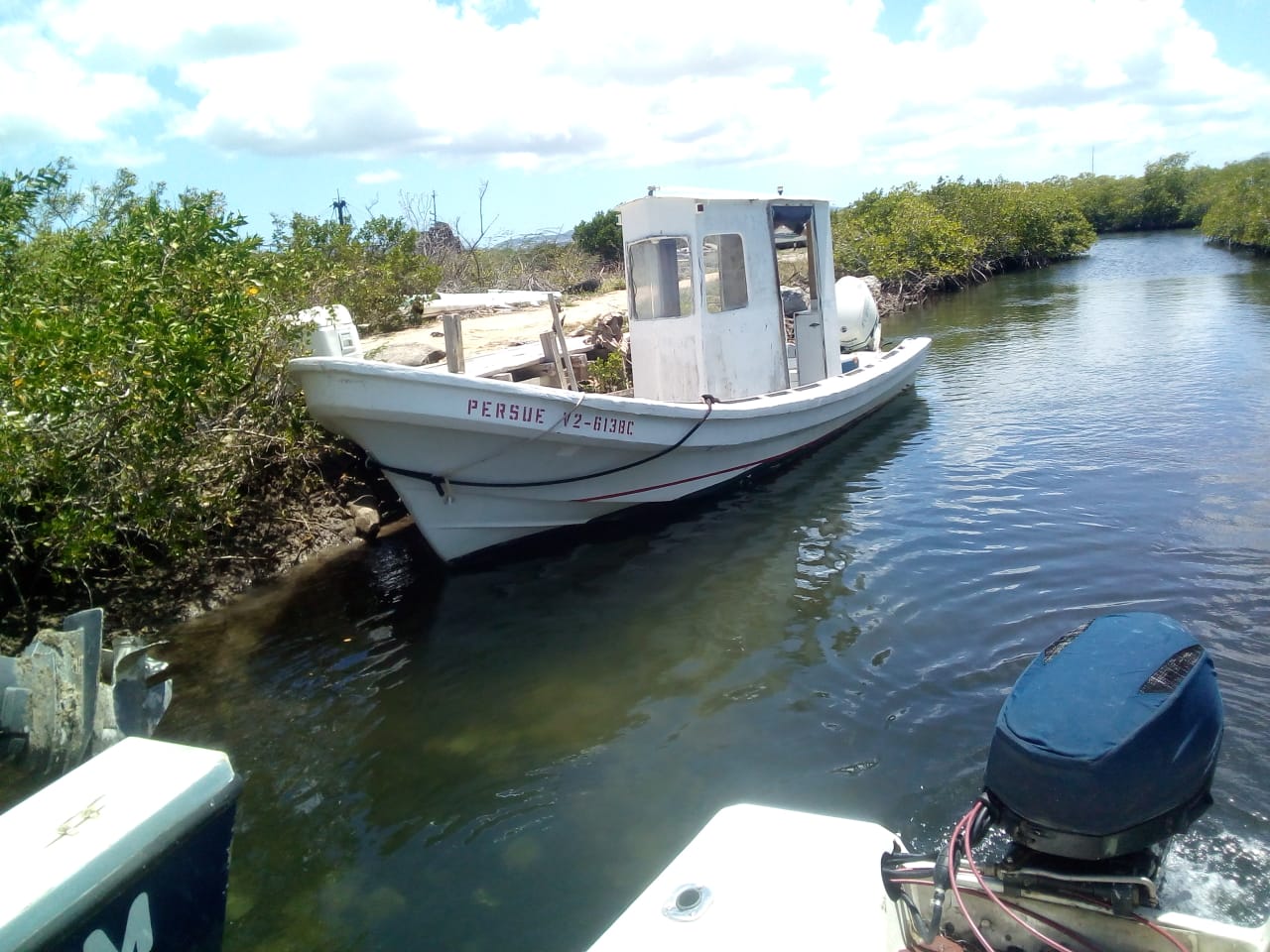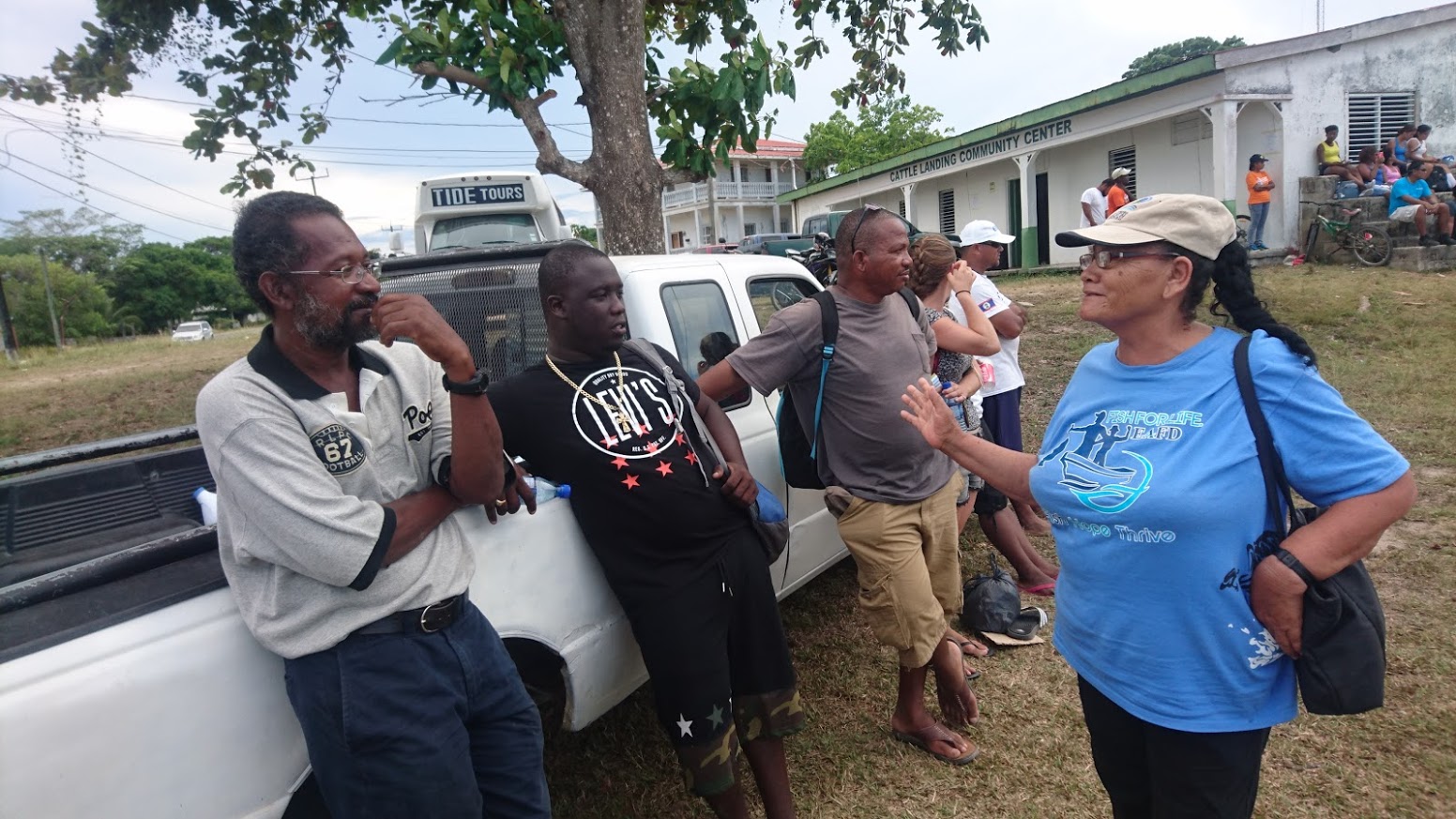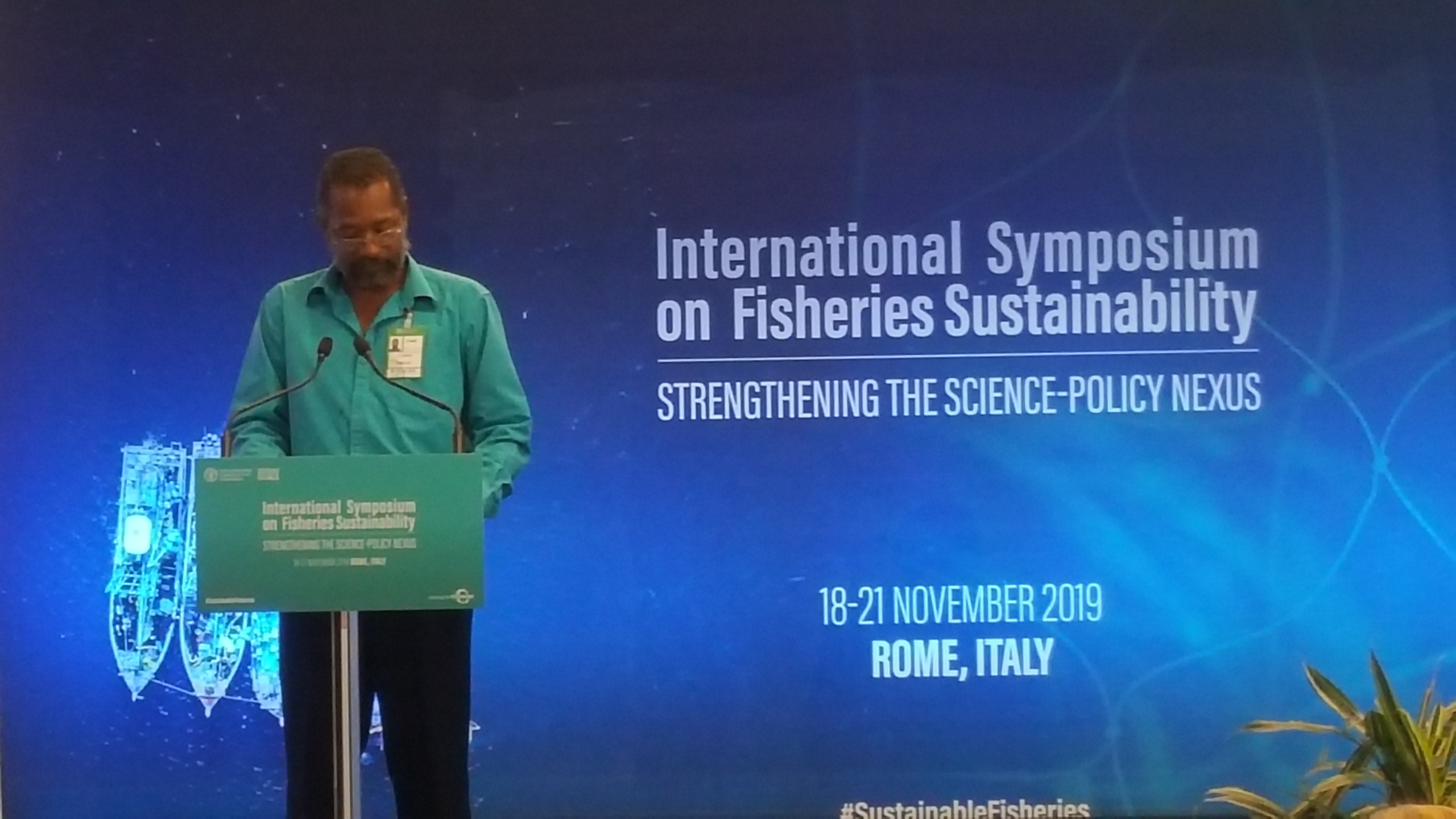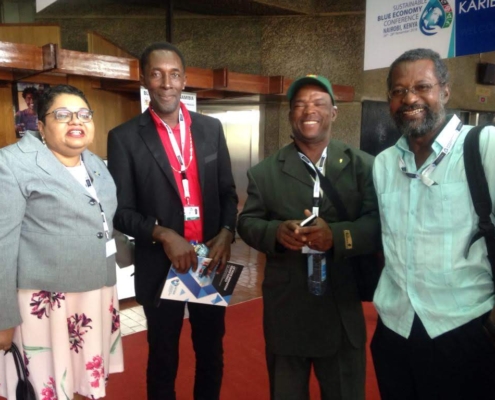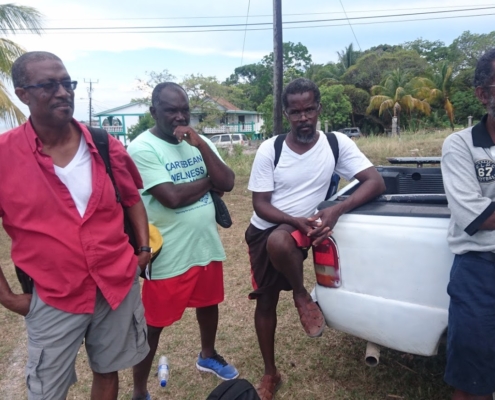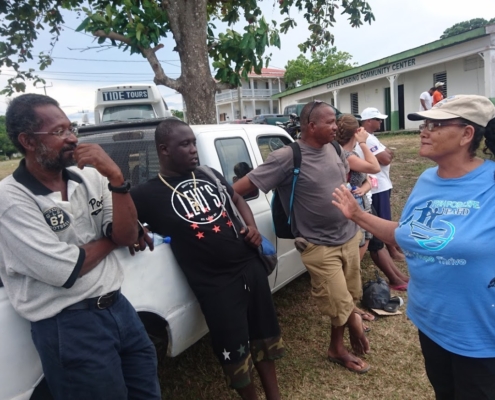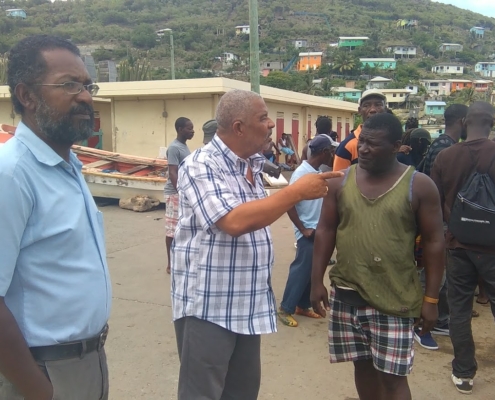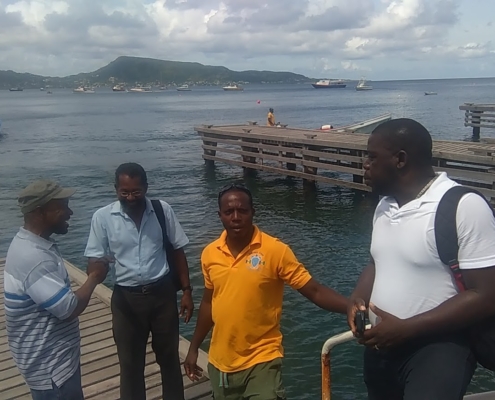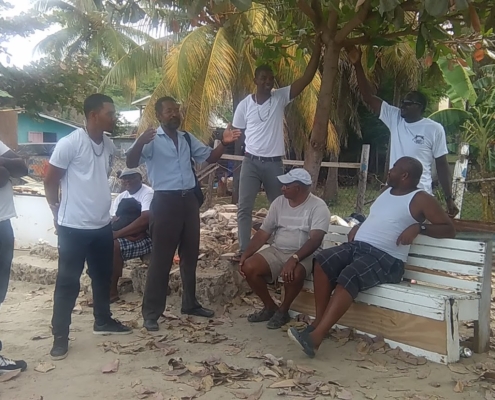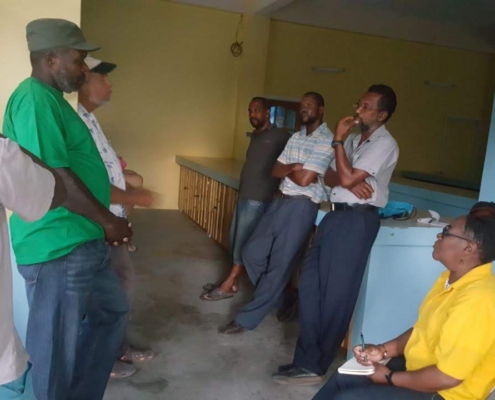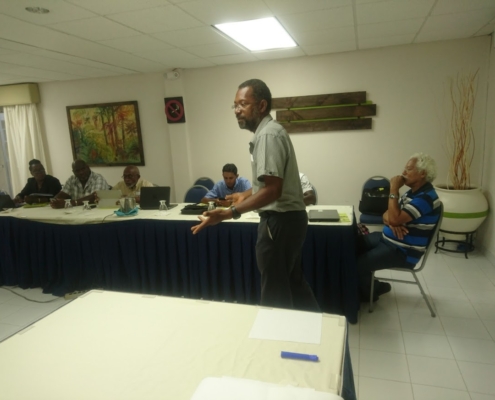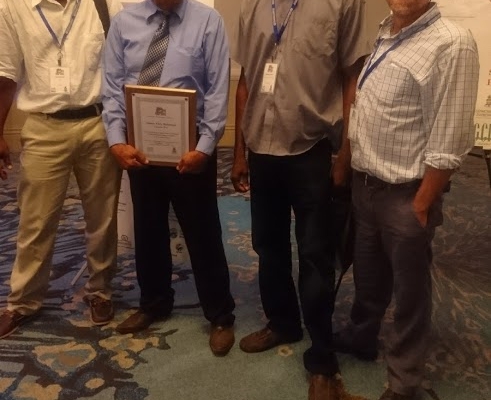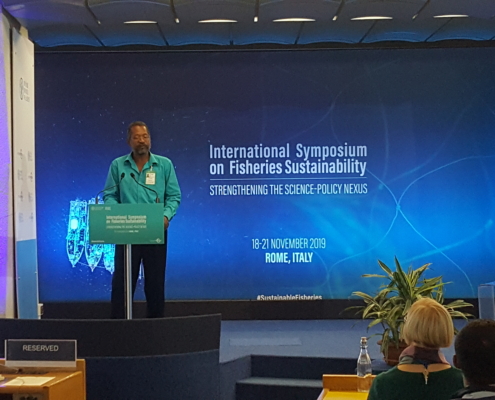Mitchell Lay from Antigua and Barbuda was awarded the Gladding Memorial Award in 2009, in recognition of his outstanding contributions to sustainable management of fisheries and marine resources in the Gulf and Caribbean Region.
Mitch as he is fondly known, is Coordinator of the Caribbean Network of Fisherfolk Organisations (CNFO). A fisher from his youth, who went full-time into the business from 1990, Mitch employs strategies that combine conservation with consistent high income yields in a businesslike approach to fishing that is rare in the small-scale fishing of the eastern Caribbean. He fishes at a rate aimed to ensure a dependable supply of high quality fresh fish to his tourism-oriented markets rather than risk overharvest. He is always seeking ways to improve his fishing, decrease costs, improve income and increase the flexibility that allows fishing to be a sustainable livelihood.
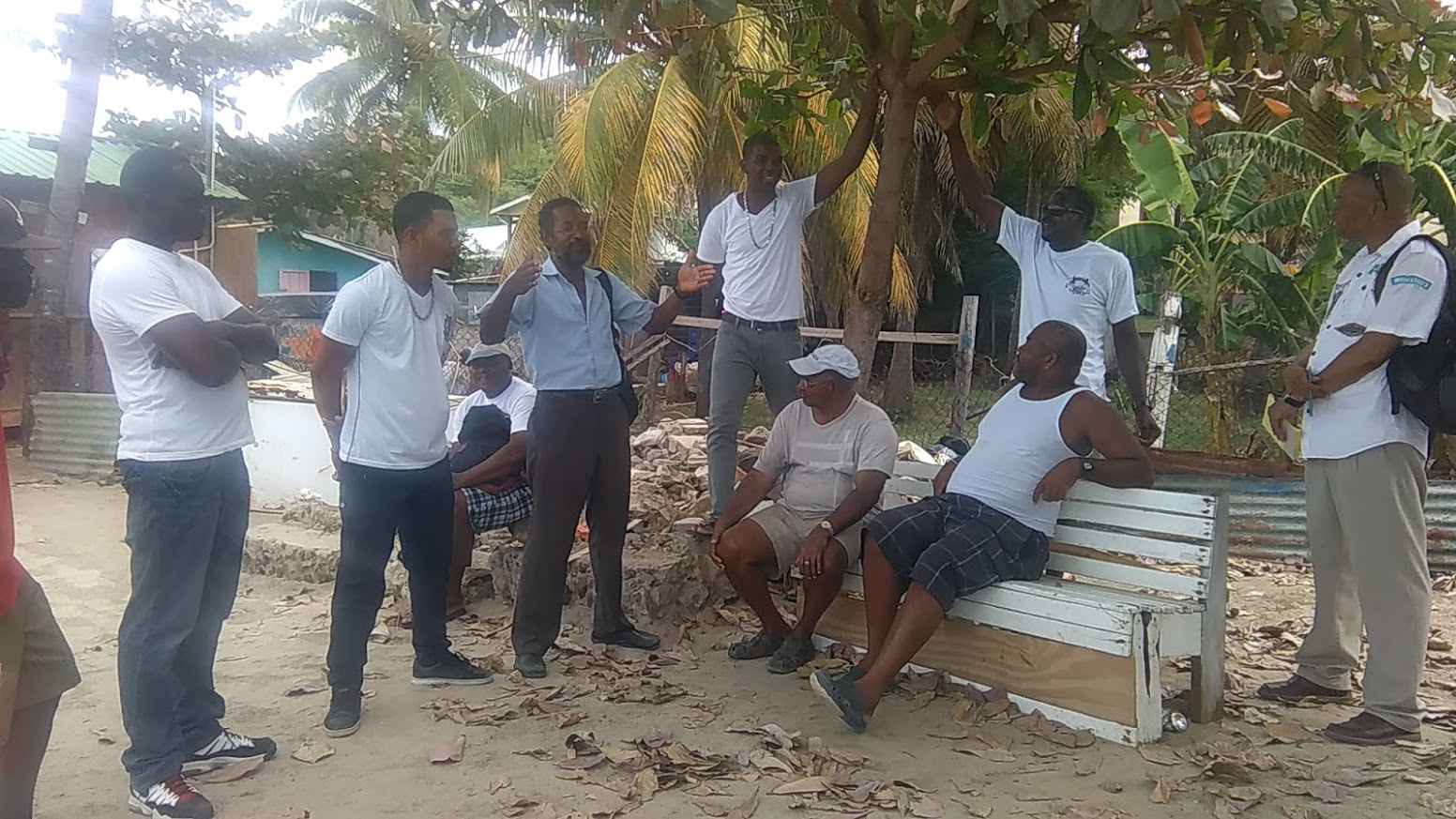 Under his leadership, the CNFO has partnered in holding training workshops for fisherfolk leaders; has had members travel to help motivate and strengthen primary and national fisherfolk organisations in several CARICOM countries; has gained observer status at the Caribbean Regional Fisheries Mechanism (CRFM) Caribbean Fisheries Forum that advises CARICOM fisheries ministers on policy; has been represented at regional conferences on topics ranging from ecosystem-based management (EBM) to fishing subsidies and the World Trade Organisation (WTO); and more recently (April 2020) has launched a virtual leadership institute to build the leadership capacity of fisherfolk organisation leaders.
Under his leadership, the CNFO has partnered in holding training workshops for fisherfolk leaders; has had members travel to help motivate and strengthen primary and national fisherfolk organisations in several CARICOM countries; has gained observer status at the Caribbean Regional Fisheries Mechanism (CRFM) Caribbean Fisheries Forum that advises CARICOM fisheries ministers on policy; has been represented at regional conferences on topics ranging from ecosystem-based management (EBM) to fishing subsidies and the World Trade Organisation (WTO); and more recently (April 2020) has launched a virtual leadership institute to build the leadership capacity of fisherfolk organisation leaders.
He has also co-chaired the GCFI Fisheries Forum. He is not only an outstanding individual as a fisher who demonstrates a strong personal conservation ethic for sustainable fisheries, he is also respected as an effective leader of fisherfolk organisations at national and sub-regional levels who has broken new ground within CARICOM in getting the voices of fisherfolk heard and at the policy level.
Contributing to conservation:
Mitch’s conservation efforts as an individual are commendable, but the multiplier effects of his impact as a national and regional fisherfolk organizer are outstanding. He is a strong believer in the power of collective action to improve and sustain fishing livelihoods. As such he spearheaded the formation of the Antigua & Barbuda Fisheries Alliance Inc. as an umbrella body for the several (3 -5) fisher organisations in Antigua and Barbuda. The Fisheries Alliance became involved in fishing livelihood and conservation activities such as lobbying against illegal, unreported and unregulated (IUU) fishing, demanding an environmental impact assessment (EIA) when dredging of the harbour was planned, active involvement in drafting the Fisheries Act and more.
Under his leadership, the CNFO has partnered in holding training workshops for fisherfolk leaders; has had members travel to help motivate and strengthen primary and national fisherfolk organisations in several CARICOM countries; has gained observer status at the Caribbean Regional Fisheries Mechanism (CRFM) Caribbean Fisheries Forum that advises CARICOM fisheries ministers on policy; has been represented at regional conferences on topics ranging from ecosystem-based management (EBM) to fishing subsidies and the World Trade Organisation (WTO); and more recently (April 2020) has launched a virtual leadership institute to build the leadership capacity of fisherfolk organisation leaders.
Experience since winning the GMA?
Since winning the GMA over 10 years ago Mitch has made great strides especially in moving the Caribbean Network of Fisherfolk forward. He has contributed to mentoring and building knowledgeable members.
Mitch Lay also delivered a keynote presentation at the FAO International Symposium on Fisheries Sustainability: Strengthening the Science-Policy Nexus in Rome. You can view the video and the powerpoint of his presentation at this International Fisheries Symposium
Outlook for the future of fisheries:
Mitch’s philosophy is simple, and is aligned with the vision of the CNFO which is to improve the quality of life of fisherfolk by developing a sustainable and profitable industry to have fisherfolk collaborating to sustain the fishing industry that is mainly owned and governed by fisherfolk who enjoy a good quality of life.


